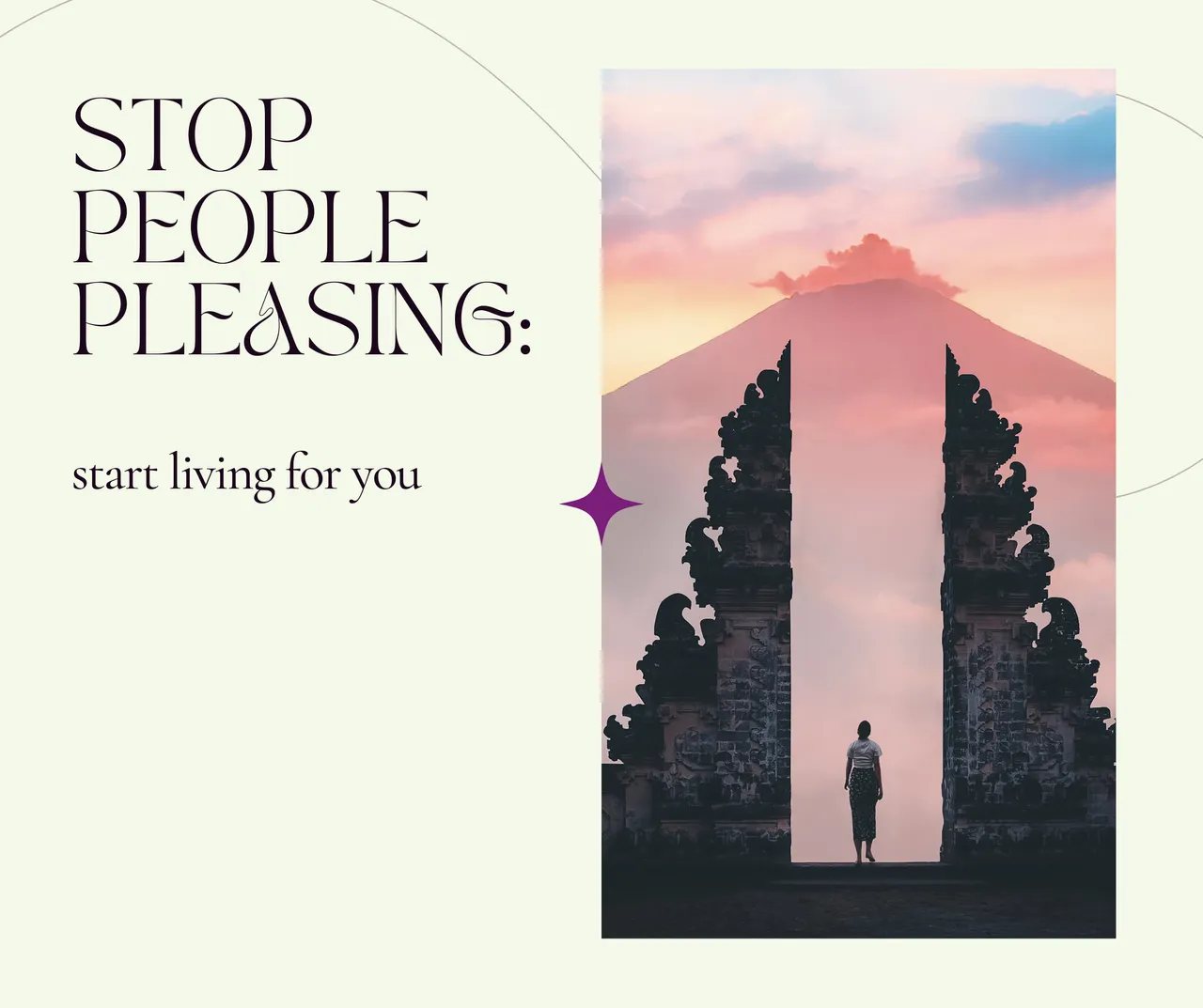
After years of pleasing everyone, I am now done with it. It's perfect to say no.
Saying no is hard; it is much easier to say yes. But never at the expense of yourself.
Without looking at your own needs, desires, and expectations so that you would get attention, affirmation, or love. Or to avoid conflict, criticism, stress, and disappointment.
Why is it so hard to say no?
Going along with what is asked or demanded of you seems the easiest and safest way. You avoid conflict and disappointed faces. Underlying emotions such as guilt, fear, anger, and disappointment play a significant role. We want to be liked, helpful, and loving. This is more likely to happen if you are kind to people. There is nothing wrong with being nice and helping others unless it is always at the expense of yourself. You can lose yourself if you automatically put others' needs first and push your desires aside.
Ultimately, you become so focused on the other person that you no longer know who you are and what you want. You are a plaything of what life throws at you and settle for what you get. This starts to gnaw at you. Chances are you get frustrated by not standing up for yourself. The bad thing is that you blame yourself for that, which puts you in a vicious cycle—it's time to break that pattern and discover the joy of saying no. Saying no sounds negative, but it is not if you use it to give yourself the space you deserve. Choosing for yourself is healthy and refreshing.
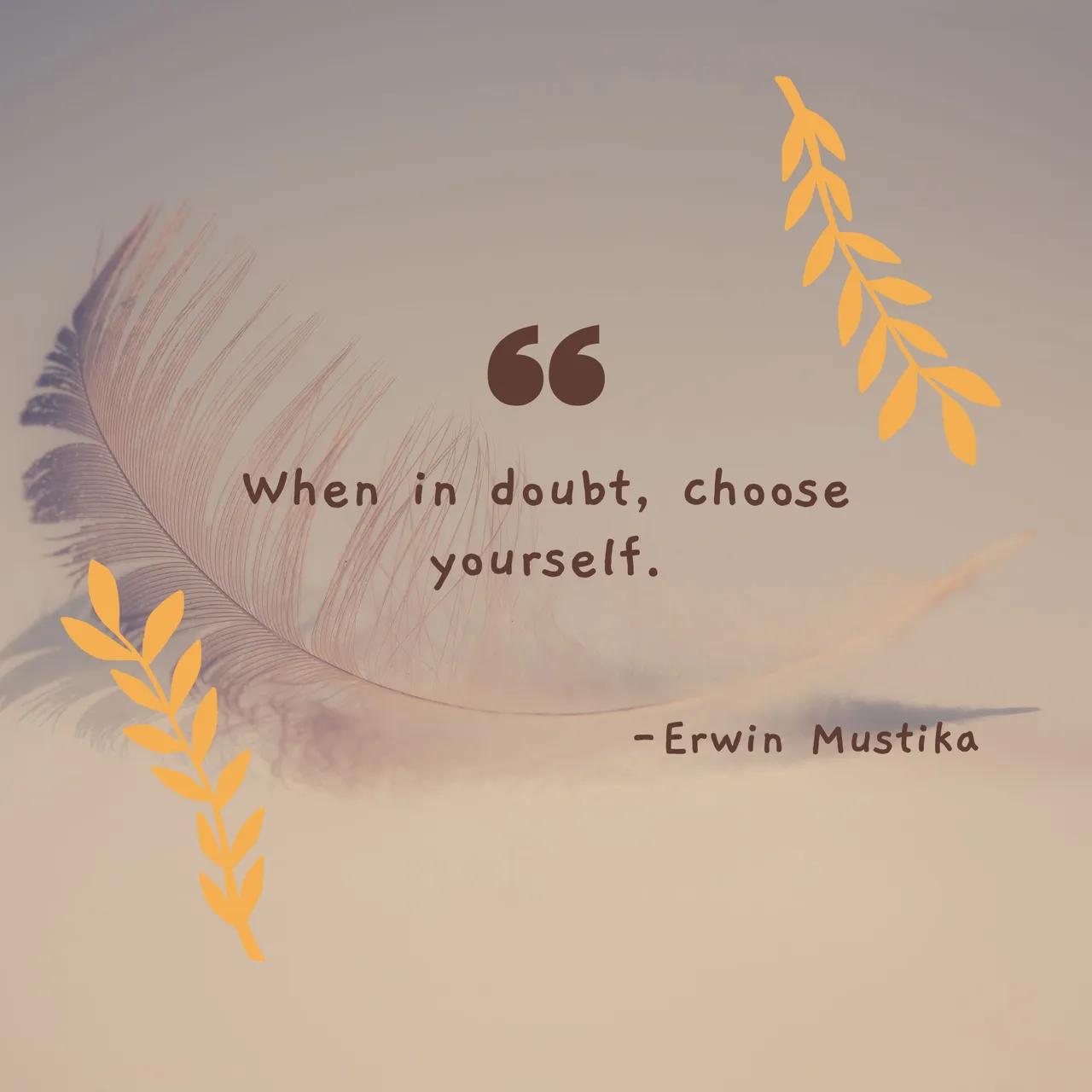
How do you recognize that in yourself?
You secretly know if you are a yes-sayer. Do you put off difficult conversations or choices because you don't want to hurt or disappoint the other person? Do you usually leave the initiative to the other person? Do you prefer not to ask for help but are silently annoyed by the lack of help or appreciation?
Do you let people walk over you easily because you want to appear nice and empathetic? Are you always ready to solve problems for someone else? If so, it is clear that you avoid saying no. You want to do the right thing but for the wrong reasons.
You suppress your own needs and feelings, consciously or unconsciously, and prioritize those of others out of guilt, duty, fear, or lack of self-esteem.
Only some people who help people or prefer to satisfy are people pleasers. You can also be kind and helpful while considering your interests and feelings. You can do good without being at your expense by consciously choosing no or yes.'
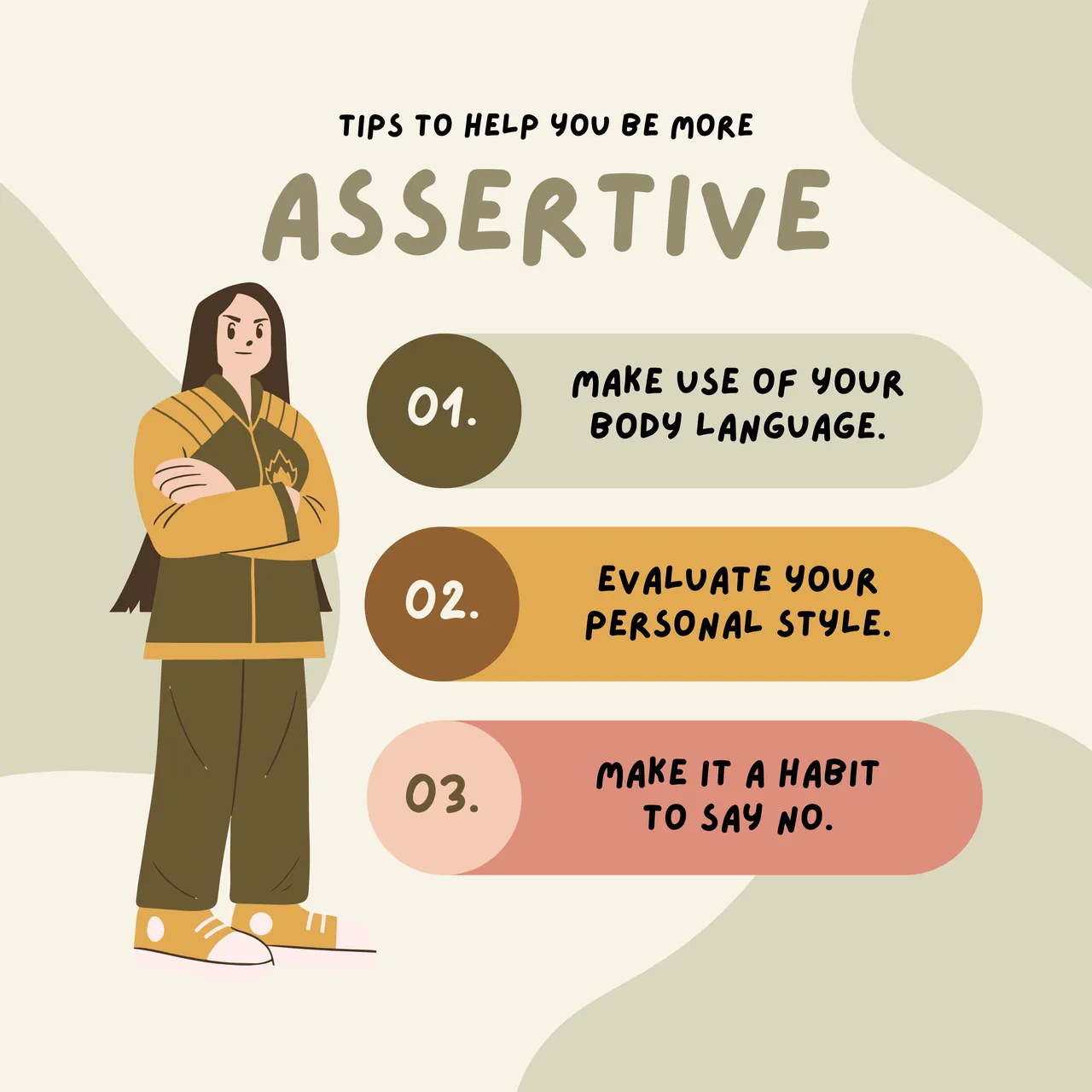
Where does this behavior come from?
The origin lies in childhood. Everyone has mental baggage from the past, like pain, losses, judgments, and misunderstandings that they haven't dealt with. In addition, we were taught as children that saying no is wrong. Listening and behaving well is rewarded, especially with girls. As a child, you devise a way to deal with those expectations and emotional baggage. That strategy grows with you as you become an adult, often without your awareness. It is also why you keep running into the same problems and feelings over and over again encounter.
Whenever you are confronted with a situation or a person similar to a problem or person from back then, you automatically fall back on your old strategy. You become the over- or underachiever, the peacemaker, the avoider, or the excessively giving helper who has no needs. In doing so, you put on a mask that removes you from yourself and others.
It is important that you remove from your system all the unproductive and harmful messages you have picked up along the way to get to your true self. When you know why you are doing something, you can make a more conscious choice.'
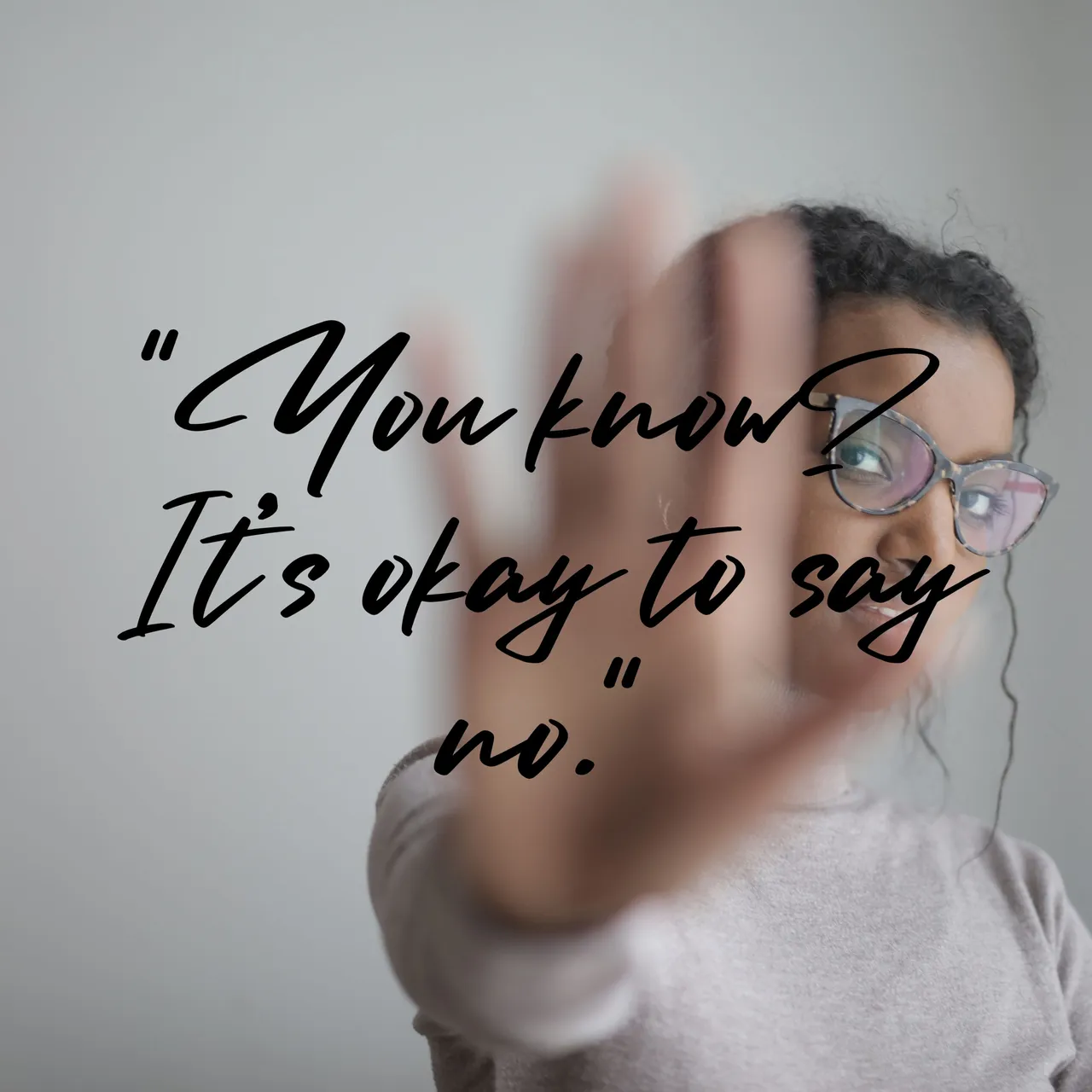
Can you break that pattern?
Saying no is scary and confrontational at first. You have to take steps and make yourself vulnerable.
It feels so uncomfortable that you revert to your old familiar reflex of saying yes. There is no magic formula to change stingy behavior overnight. Think of it as a journey where you gradually learn and refine your responses more and more. You do this by listening carefully to yourself, being alert, and taking your time.
Remember that you will still regularly fall into the yes trap; embrace such a relapse as a helpful learning moment, and don't give up. You have always invested mountains of energy in others, so why not put it into yourself now? Be kind and patient with yourself; daily small steps will eventually get you there. Slowly but surely, a new routine will emerge where you take better care of yourself and notice what does and doesn't work for you.
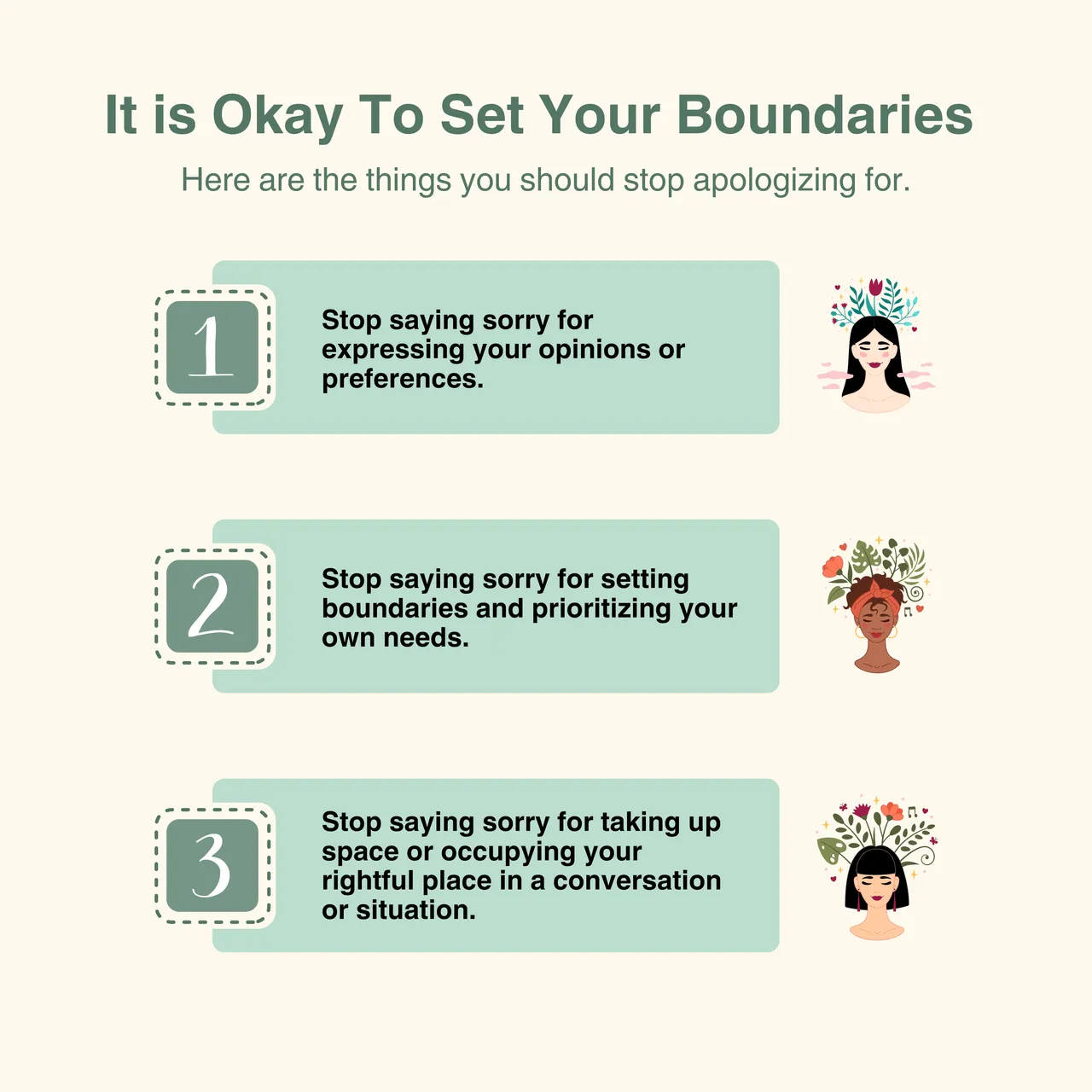
How can you learn to say no?
You first have to figure out why you have trouble saying no. What is the main motivation to say yes? There are five ways you can please others. You have people who always want to do the right thing and appear good to others. Refrain from being confused with the show-offs who try tremendously hard and want to please others with their achievements and perfectionism.
Then there are the avoiders who please others, conform, and behave unapologetically. I also distinguish saviors, serving people who solve other people's problems and always giving because they want to be needed. Finally, some sufferers feel they are treated unfairly and always put themselves in a subordinate position through their self-chosen martyrdom.
I discovered that I belong to the category of outcasts. That was an important lesson. Because if you don't know where-to, when-to, and why-to, you keep falling into your pleasing behavior. To find out which type you are, I recommend spending a week writing down in which situations you say yes, no, and maybe. Just observe; you don't have to change your behavior yet. But you might notice that tendency coming to you. That's a good thing.'
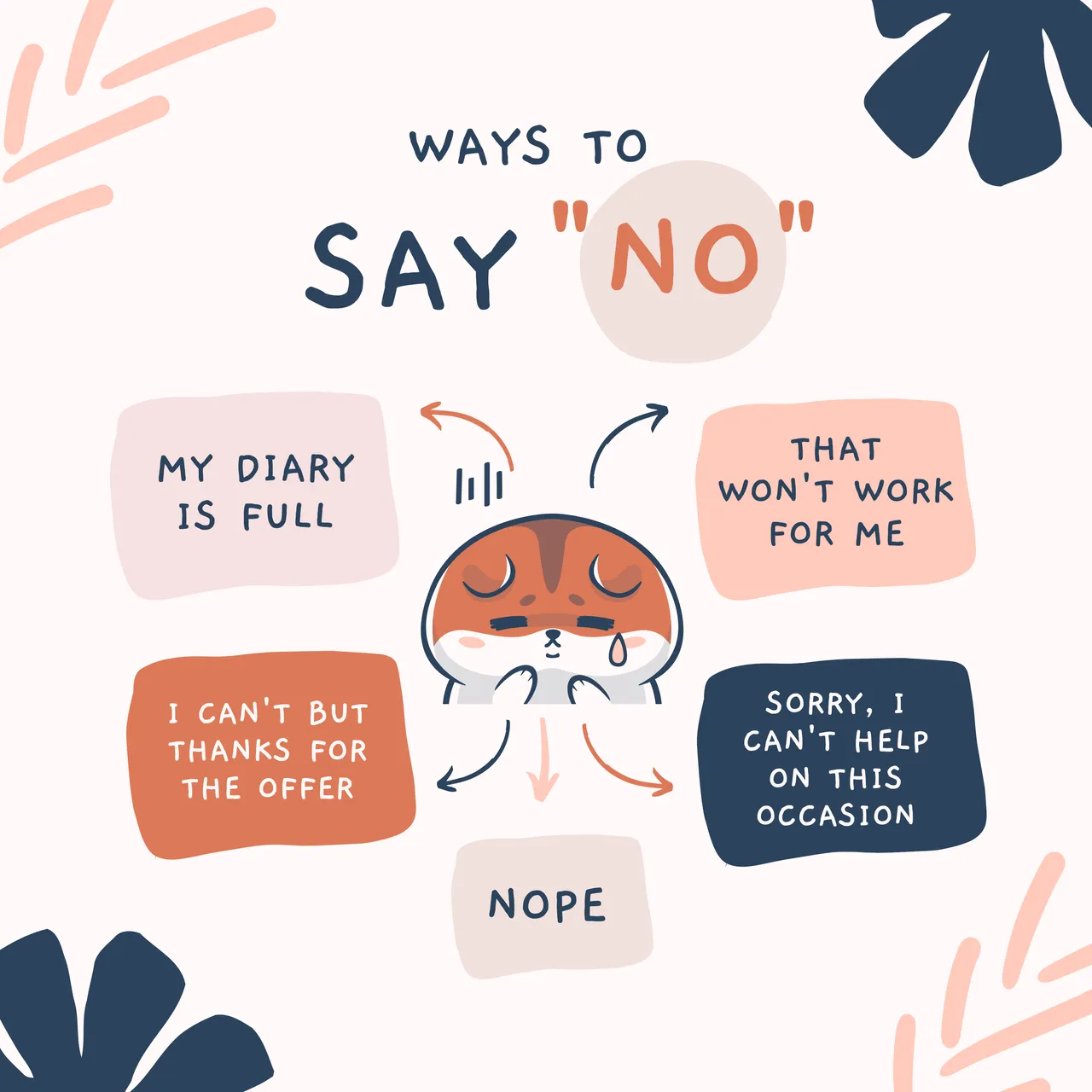
What should you pay particular attention to?
Take note of who and in what situations you feel uncomfortable and automatically say yes. What feelings do you try to put away? Do you react tensely, anxious, or irritated? What energizes you, and what exhausts you? Who do you say yes to most often, and who benefits the most at your expense?
By dwelling on this, you will gain insight. There is no point in avoiding difficult people or situations; there will always be similar people and situations that pop up. Nor can you change them, even by saying yes every time. The trick is to recognize them and learn to deal with them differently.
You use that information the following week to cut saying yes by half. This does not mean you suddenly say no loudly and clearly and end up in conflicts. Saying no can also be done in a gentle way. Make it easy on yourself and start in neutral situations. For example, say no more often in shops or to reminders. By doing so, you practice yourself saying a friendly but firm no. You don't have to turn your life around in a day.
Try it out at home by first clearly expressing your own desire instead of a hard no. Say you want to sleep in on Saturday or that you would like the other person to clear the dishwasher in the morning. Keep it simple and clear; there is no need to apologize or put up a whole story. The aim of this plan is for you to listen to yourself better and learn to guard your boundaries.
You do this not only by consciously saying no but also by expressing yourself clearly. That week is the beginning of all the weeks to come, the rest of your life. It is the first step towards reclaiming your identity—a matter of persistence. Believe me, you will get more and more dexterity and niceness in it.
Eventually, like me, you will become a recovering people-pleaser, someone who recognizes that this was a habit but is committed to getting to know that habit and himself so that the pattern can be broken.
